With any report of avian flu in the news, it can be hard not to wonder whether your pet bird is at risk of contracting this serious illness. While the media provides important information about the virus, myths and half-truths abound in discussion surrounding the avian flu. So to protect your bird and your family, it’s critical to have a clear view of what the avian flu really is and how you can prevent it.
Avian Flu Facts
There are four primary types of influenza viruses: A, B, C, and D. Wild birds commonly carry type A viruses, of which there are more than 25 known subtypes, according to the Centers for Disease Control and Prevention. Some of these subtypes can infect other species, including dogs and horses. And though it’s not common for avian flu viruses to infect humans, it is possible. That’s especially the case with the highly contagious subtype H5N1.
The H5N1 strain of the virus is one of the most serious and can be fatal to both birds and people. According to the World Health Organization, the case fatality rate for humans is just under 60 percent. Infected birds spread the virus through their saliva, mucus, feces, and blood. The birds also can contaminate their environment with the virus, where it can remain on surfaces, such as bird feeders and baths, for several days.
While H5N1 has been diagnosed primarily in chickens and other farm birds, it’s possible for virtually any bird to contract the virus. And because migratory birds carry the virus, it can easily spread all around the world.
The most common symptoms in humans are fever, muscle aches, sore throat, and coughing. And progression to a severe respiratory infection can occur quickly, necessitating prompt treatment. Moreover, many birds will die rapidly before you even notice signs of illness.
The Avian Flu and Pet Birds
The risk of contracting avian flu is not particularly high for housebound pet birds. However, there are two factors that can cause the risk of infection to increase.
The first risk factor is if a pet bird spends any time outdoors, where it might come in contact with wild birds. To minimize the risk, do not allow your pet outside without supervision. Even if your bird is securely in its cage outdoors, watch it closely to keep wild birds and other animals away.
The second risk factor is the sale of wild-caught birds in the pet trade. On top of causing the wild birds severe trauma by ripping them away from their natural environment, this practice can play a role in introducing many diseases, including the avian flu, to people's homes and aviaries.
So if you are looking for a new bird, seek a reputable breeder or rescue group to ensure that your new pet is healthy. If you have recently purchased a bird that you suspect was captured from the wild, schedule an appointment with an avian veterinarian as soon as possible. Avian vets are capable of testing for the diseases specific to birds, such as the avian flu, and they can offer your bird treatment if necessary.
Keeping Your Pet Bird Healthy
One risk to a pet bird's health is improper care from its owner. Always wash your hands before and after handling your pet bird to mitigate the spread of any diseases. And make sure you’re thoroughly cleaning its environment on a regular basis to remove feces, old food, and other waste that can potentially spread disease.
A quality diet is one of the primary ways to maximize a pet bird’s healthy lifespan. In addition to nutritious seeds and pellets, make sure you’re feeding your bird a mix of leafy greens and other vegetables, some fruits, grains, and nuts. Consult your veterinarian for the optimal diet for your specific bird.
Furthermore, provide your bird with plenty of space and toys to promote exercise. An overweight bird is at risk of many diseases. Plus, make sure your bird has ample social time, either with you or other pet birds (or both), to maintain its mental and physical health. And finally, schedule regular wellness checks with your avian vet. Birds can succumb to diseases very quickly, so it’s important to closely monitor their health throughout their lives.

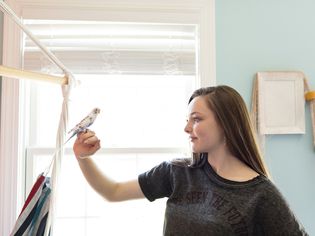
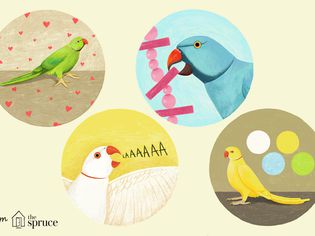
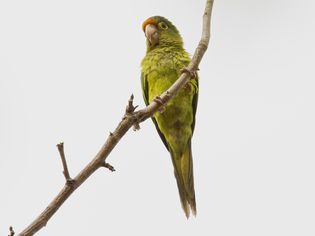
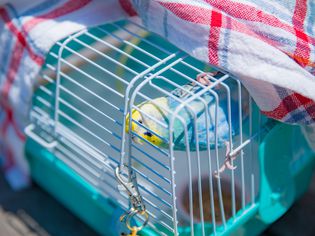
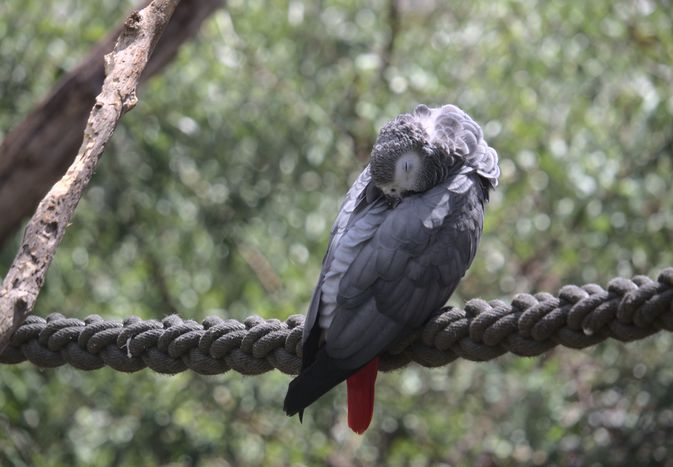
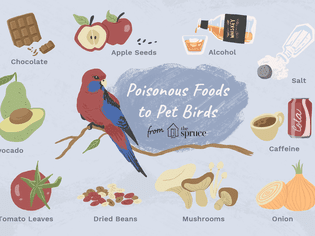
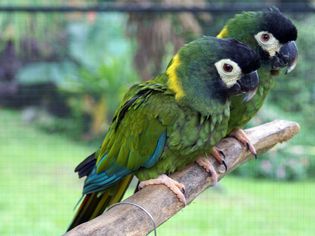
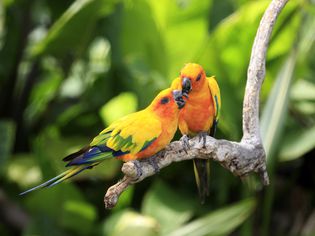
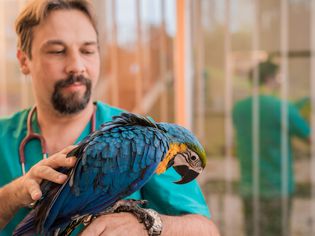
Comments on " Avian Flu in Pet Birds: Should You Be Concerned?" :